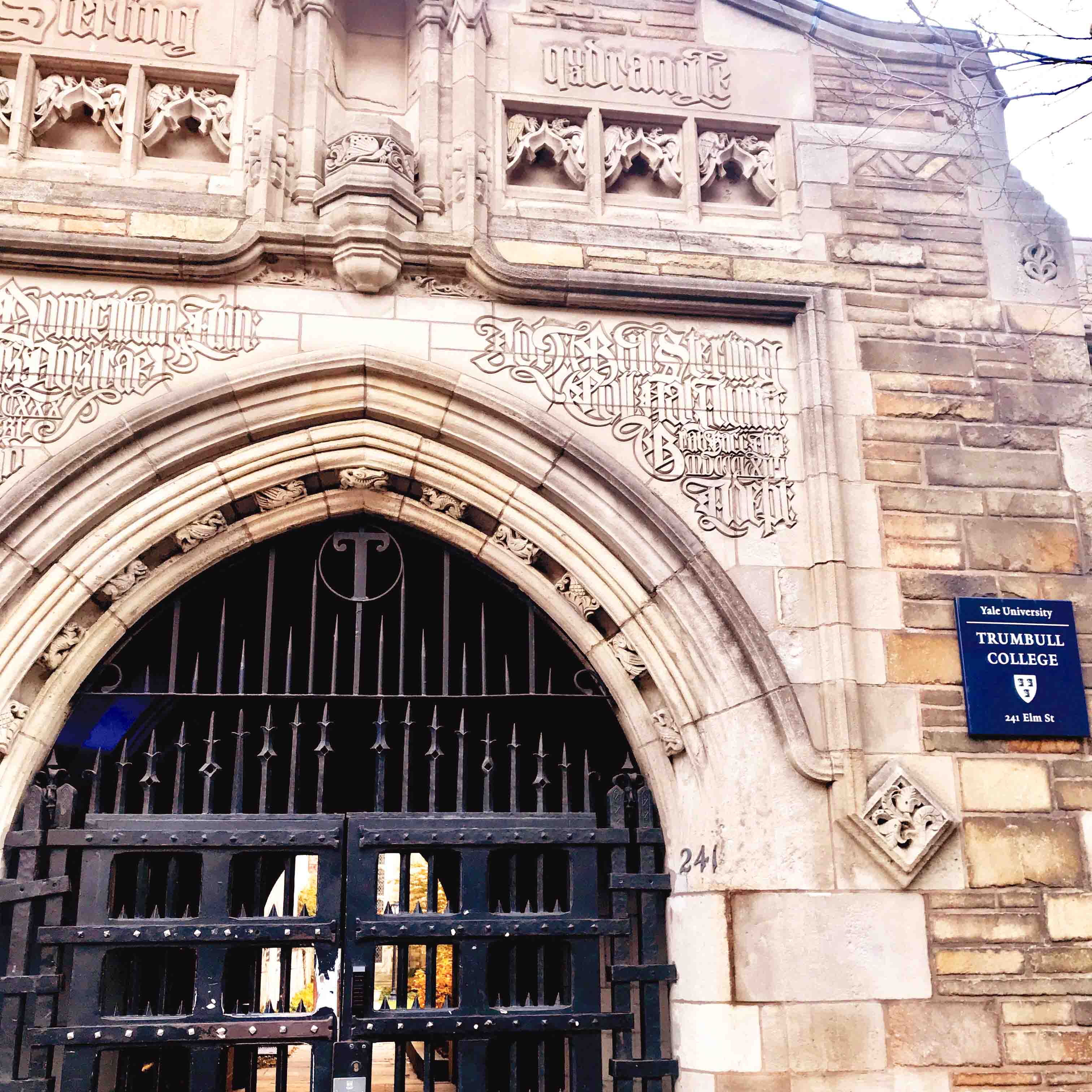
Jury selection for the trial of former Yale student Saifullah Khan, who in Nov. 2015 was charged with sexual assault for an incident that occurred when he was a senior at Yale, will begin this Thursday. Evidence or live testimony from the alleged victim, other students, police and others involved in the case is set to begin on Feb. 26. The jury will likely return a verdict by mid-March.
On Tuesday, however, the defense filed a motion requesting a hearing to discuss whether the Yale Police Department handled its investigation and arrest of Khan in November 2015 in a fair manner.
The motion contains previously unreported details about the Khan case, including the fact that he, as a native and citizen of Afghanistan, was at Yale on an F-1 Visa. It also reveals that Kahn’s immigration status has been in “jeopardy” since his arrest. According to the motion, he was suspended from Yale on Nov. 9, 2015, the day before the YPD issued his arrest warrant, and was given approximately two hours’ notice before he was evicted from his dormitory. The motion also accuses the YPD of unethically coordinating with the Yale administration to build a case against Khan, acting on cultural bias against Muslims, and undermining the fairness of the trial through a string of errors and omissions of evidence.
“The fundamental question in this case is whether the Yale Police Department operates in accordance with constitutional duties incumbent on all law enforcement or whether it is a de facto arm of the campus bureaucracy and, vicariously, politics,” the motion reads. “Simply being a college police department does not make it a sinecure for second-career lawmen; when the YPD involves itself in major felony investigations, it must be up to the task of being fair to all involved.”
The office of Supervisory Assistant State’s Attorney Michael Pepper, the prosecutor in the case, did not respond to multiple phone calls on Tuesday requesting comment. Defense Attorney Daniel Erwin, Khan’s lawyer, declined to comment on the motion. Yale Vice President for Communications Eileen O’Connor also declined to comment for this story. And Yale Police Department Chief Ronnell Higgins did not respond to a request for comment on Tuesday.
Khan’s case, which has been pending for more than two years, was delayed in Oct. 2017 after the judge declared a mistrial because, just as the trial was beginning, the prosecutor informed the defense that the YPD had just unveiled new evidence in the form of notes from interviews with witnesses. The motion charges that “there is no excuse” for the Yale Police Department to have disclosed these notes so late in the trial process. After inquiring about whether the YPD had any further evidence, the motion continues, the state’s attorney informed the defense that he was “repeatedly told there were none or that any notes had been discarded or destroyed.”
According to the motion, the previously withheld notes reveal that the victim engaged in a “pre-interview” with the YPD; that YPD Assistant Chief Steven Woznyck spoke with Yale Senior Associate General Counsel Susan Sawyer before or while still interviewing witnesses; and that Yale administrators may have disclosed protected information about Khan to the YPD to aid the police’s investigation without the defendant’s consent.
“The only explanation for [the YPD’s] false statements to the state’s attorney is that they were lying,” the motion reads. “This was not evidence that they simply failed to collect or overlooked: This was evidence that the investigating officers generated themselves. They were absolutely on notice of its existence and failed to disclose it.”
The motion also argues that the withheld YPD notes reveal bias against the defendant. An officer, according to the motion, wrote that Khan was “from Afghan. (Muslim) violence accepted.” This line, the motion continues, must have come either from a witness interviewed by the police or from someone in the Yale Police Department who “substituted cheap cultural stereotypes for actual police work.”
The defense also raises the concern that Yale selectively gave helpful evidence and information to the YPD while withholding exculpatory evidence to speed along Khan’s arrest for the “political satisfaction of its student body and donors.”
“Rather than convene an open and public debate on protecting young women and due process simultaneously, [Yale] embarked upon a secretive Jacobin-style crusade in which complainants were pressured to come forward, procedural due process was ignored, and exculpatory evidence was casually and conveniently misplaced,” wrote the defense. “The Yale Police Department is an arm of the state, not campus outrage, and due process applies.”
Margaret Drew, an associate professor at UMass Law School, said that the defense’s claim that the YPD exhibited bias against the defendant is unlikely to hold up in court. Campus police also have incentives to find that no assault occurred, she said, since they are obligated to report all crimes committed on campus under the Clery Act.
Brady v. Maryland, the United States Supreme Court case that established that the prosecution must turn over all potentially exonerating evidence to the defense, was decided in 1963.
Britton O’Daly | britton.odaly@yale.edu
Alice Park | alice.park@yale.edu







